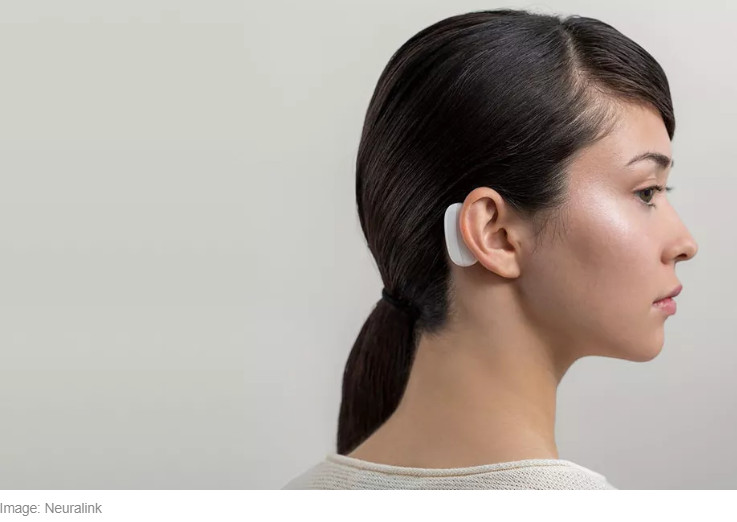
Education
Elon Musk promises a working Neuralink device demo on Friday.

Elon Musk said that his secretive neurotech firm Neuralink will show a working "device," probably a brain-machine interface, at 6PM ET on Friday. Musk has repeatedly talked about his belief that BMI devices are needed to help people keep up with AI by complementing our brain power, but right now, his goal is much simpler: to create an implantable device that lets people control phones or computers with their minds.
Musk initially announced a "progress update" on August 28 back in July, and has now provided more details on what will be shown.
He says the update will include the unveiling of a second-generation robot designed to attach the company's technology to the brain, and a demo of "real-time" neurons, although it's not clear exactly what that means.
Even compared to other Musk ventures such as Tesla and SpaceX, Neuralink is ambitious. The company wants to connect to the brain using flexible electrodes that are thinner than human hair, which it calls 'threads.' Current BMI devices use rigid electrodes for this purpose, which can cause damage. But inserting flexible electrodes is a much more delicate and challenging task, which is why the company's focus is on building a "sewing machine" like a robot to do the job.
Live webcast of working @Neuralink device
— Elon Musk (@elonmusk) August 26, 2020
Friday 3pm Pacific https://t.co/PouLbrGzFU
Neuralink hopes to make the BMI installation process as non-invasive as Lasik eye surgery, even eliminating the need for general anesthetics. Musk has previously talked about the need for an automated Lasik-like process for BMIs to overcome the constraints and costs involved in the use of highly trained neural surgeons. But, according to Musk, this isn't ready to be shown yet. "Still far from LASIK, but it could be pretty close in a couple of years," Musk tweeted in response to a follow-up question about the event.
Many scientists welcomed the involvement of Musk in this medical field because of the vast potential of BMIs to help paralyzed individuals and those with neurological disorders.
Others have warned that his claims for the future use of these devices are far from proven, and that his timeframes for progress are overly optimistic. Neuralink said that it would start clinical trials by the end of 2020 last year, but did not provide any further updates on this goal.
Neuralink is still officially unveiling how you're going to be able to watch Friday's event, but keeping an eye on the company's YouTube channel seems like a safe bet.
